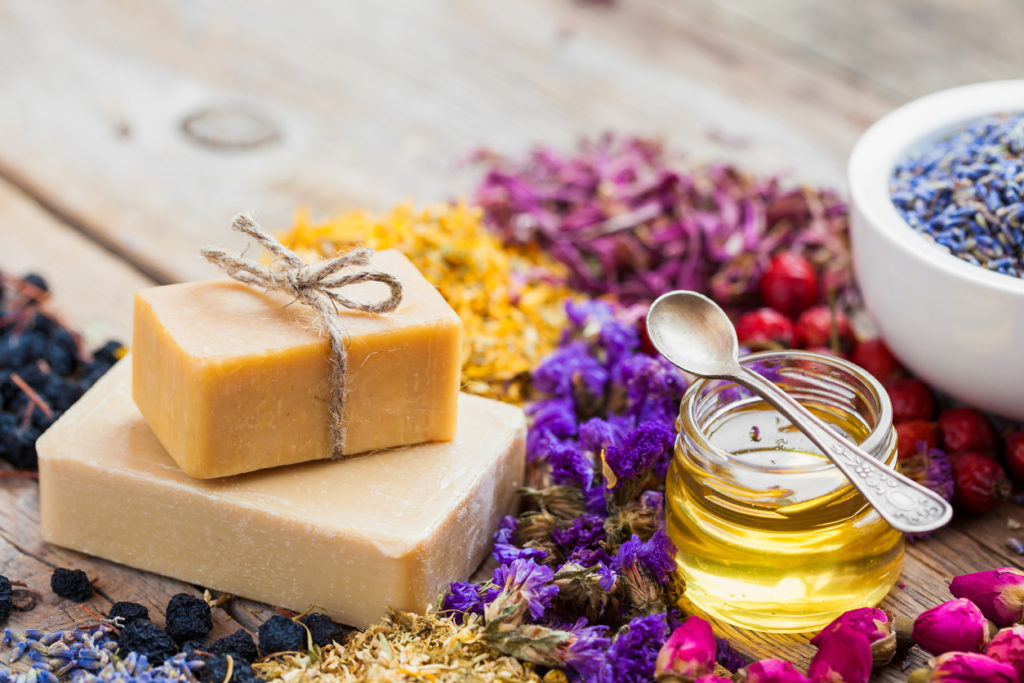
The business of soap making dates back to the oldest times. Ancient Babylon was making soap as early as 2800 BC. Archaeologists have reached this conclusion after finding soap-like material in clay cylinders inscribed with the words “fats boiled with ashes”, considered to be their method to make soap. The Babylonians were one of the many ancient civilizations who bathed and were familiarized with soap-making.
Fast forward to our days, and you will find that the soap-making business is now more popular than ever. If the global soap market size was $34.09 billion in 2021, it is estimated to reach an impressive number of $55.29 billion in 2027. With governments worldwide strongly recommending to “wash our hands to save lives”, it is no surprise that soap-making is trending more than ever.
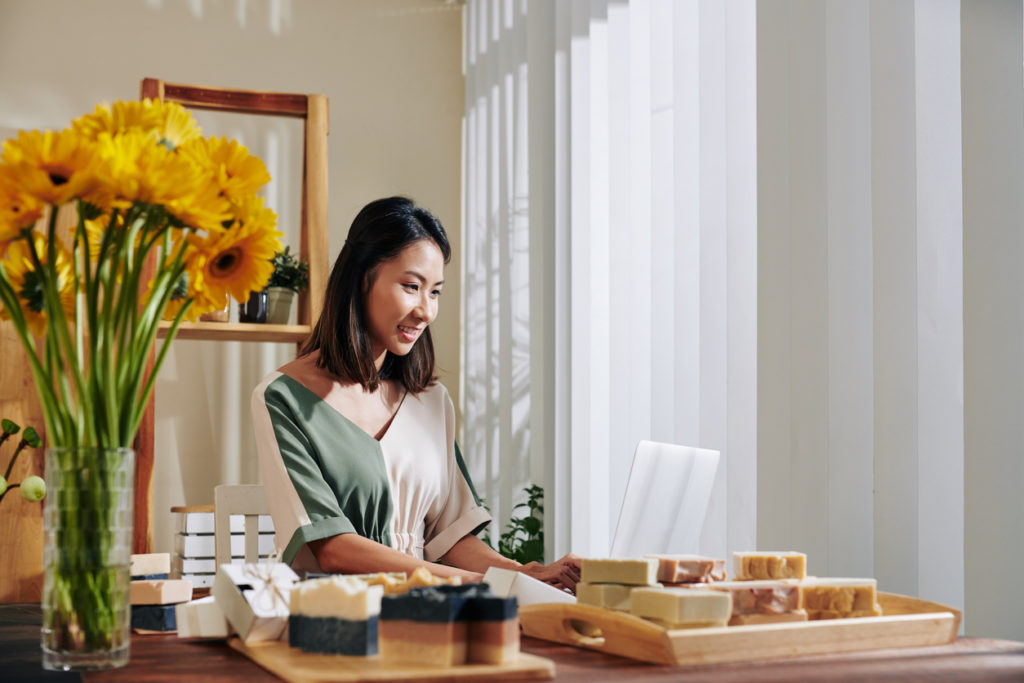
However, people are no longer happy with the synthetic soaps advertised on a large scale. They are becoming aware of the compounds used by giant soap manufacturers and the impact they have on their health. Synthetic ingredients such as parabens, petrochemicals, aluminium, and sulfates are often included in the classic soaps available at supermarkets despite the health warnings associated with them.
Health-conscious consumers choose to stay away from synthetic soaps and turn their attention towards natural and organic soaps made by small soap-making businesses. Furthermore, environmental activists encourage the use of natural soaps in an effort to reduce the impact the chemicals have on the environment, as well as to promote sustainable soap production.
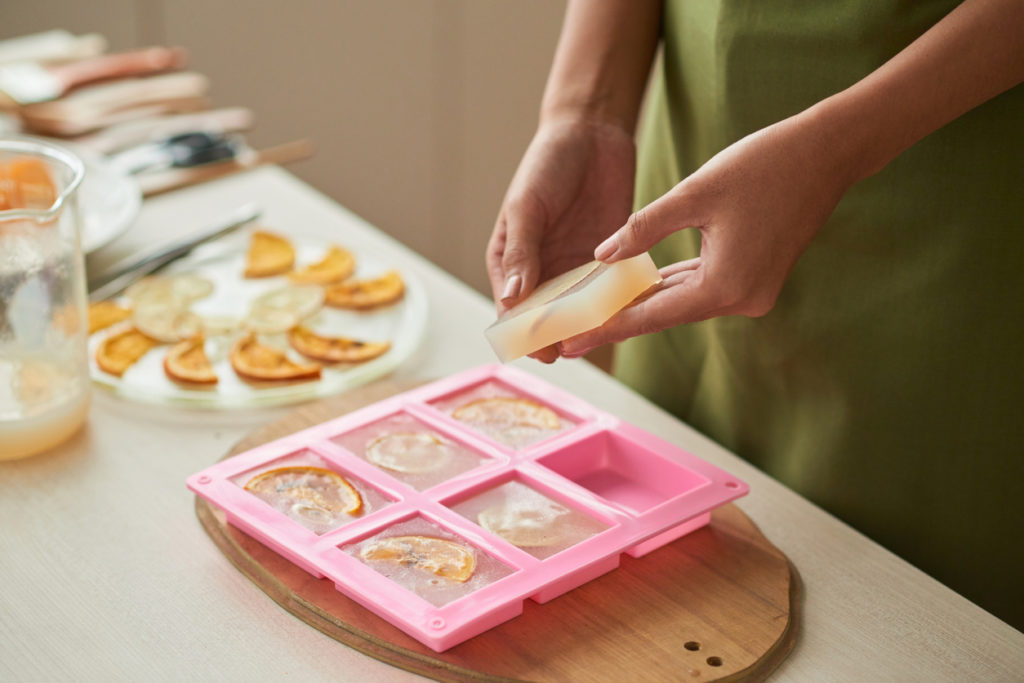
The current handmade soap production doesn’t keep up with the demand
Increased demand for organic soaps has naturally lead to the growth of soap-making as a small business. New methods of soap-making and processing have made soap-making accessible for both novices and veterans. The soap-making business can very well be set up at home and targeted towards a local market. All these factors contribute to an evident ascendant trend for the soap-making market.
However, soap-making requires time, and this may hinder the market growth. Handmade soap is made from natural ingredients, such as glycerin, moisturizers, herbs, and various flavours. Since they do not contain chemicals and are 100% organic, they need to cure at least 4 to 6 weeks after they are made to last longer and keep their scent intact.
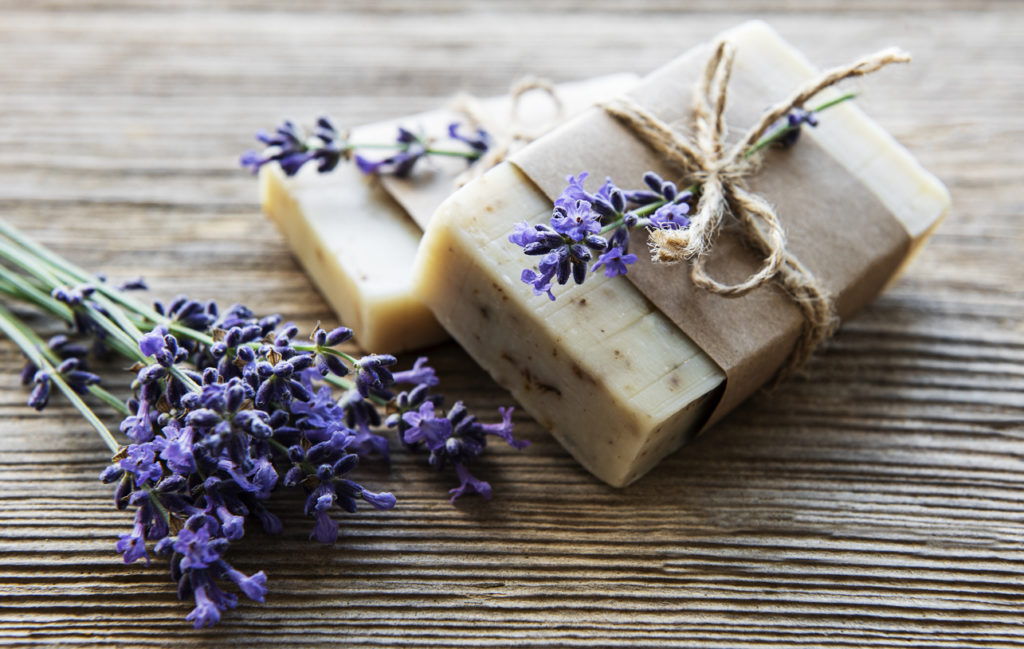
The high demand for handmade soaps is at an all times high. The organic soap market is expected to reach $260.23 million during 2020-2024. In the years to come, natural soaps will claim a huge size of the global market. This means that soap-making is an excellent idea for a small business, especially since soap-making:
- is a great way to gain extra income for your household
- has a low barrier entry when compared to other niches
- has a firm retail price
- seems to be unwavering in the face of recession
Besides health-conscious end users and environmental activists, you also have the people who want to switch from liquid soap to handmade bar soaps due to various sensitivities or allergies to the compounds present in liquid body wash products. There is an evident demand for natural ingredients in the market, and consumers often make their purchases based on efficacy and clinical properties.
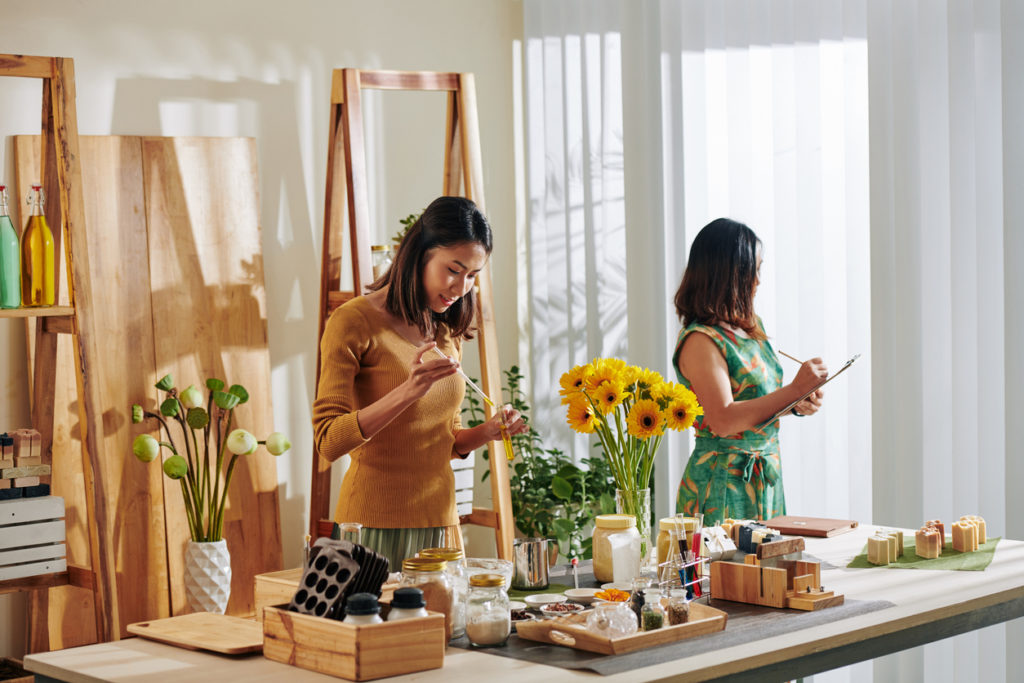
What do you need to set up a soap-making business?
Starting a soap-making business doesn’t entail too big of an investment. You can make soap at home and sell it online, in boutiques, or even door-to-door. The methods behind soap-making vary from cold process soap-making and melt and pour soap to rebatched soap and hot process soap.
All soap recipes include two main ingredients: oil and lye, also known as sodium hydroxide. The recipe is enriched with different oils and butter, like coconut oil, cocoa butter, canola oil, mango butter, grapeseed oil, olive oil, and shea butter. The natural scents come from essential oils and fragrance oils. For longer-lasting scents, many soap makers use scent fixers, such as arrowroot, benzoin, or cornstarch. Colors are added by including cosmetic clays, sugars, herbs, flowers, or roots.
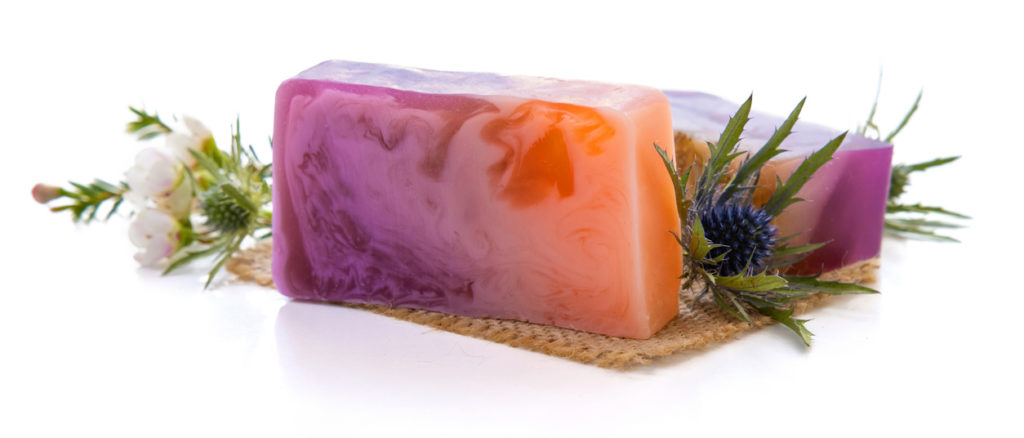
In terms of equipment, soap makers need to have various molds made from silicone, plastic, wood, or even cardboard boxes, depending on their preferences and the method they use for the process. A digital kitchen scale and thermometer are a must, as is an immersion blender. Various kitchen containers and utensils will often find their way in the soap-making process, as well as gloves and goggles, indispensable for safety.
Choose the type of soap you want to make and go for it. The soap-making process takes up to 3 hours. The next step is to find your target audience and maybe discuss distribution with some local suppliers. Follow all the other steps applicable to the process of starting a business and wait for the revenue to come in. The market expects natural soaps to become the dominant force in the global soap market. Now is the time to act!





